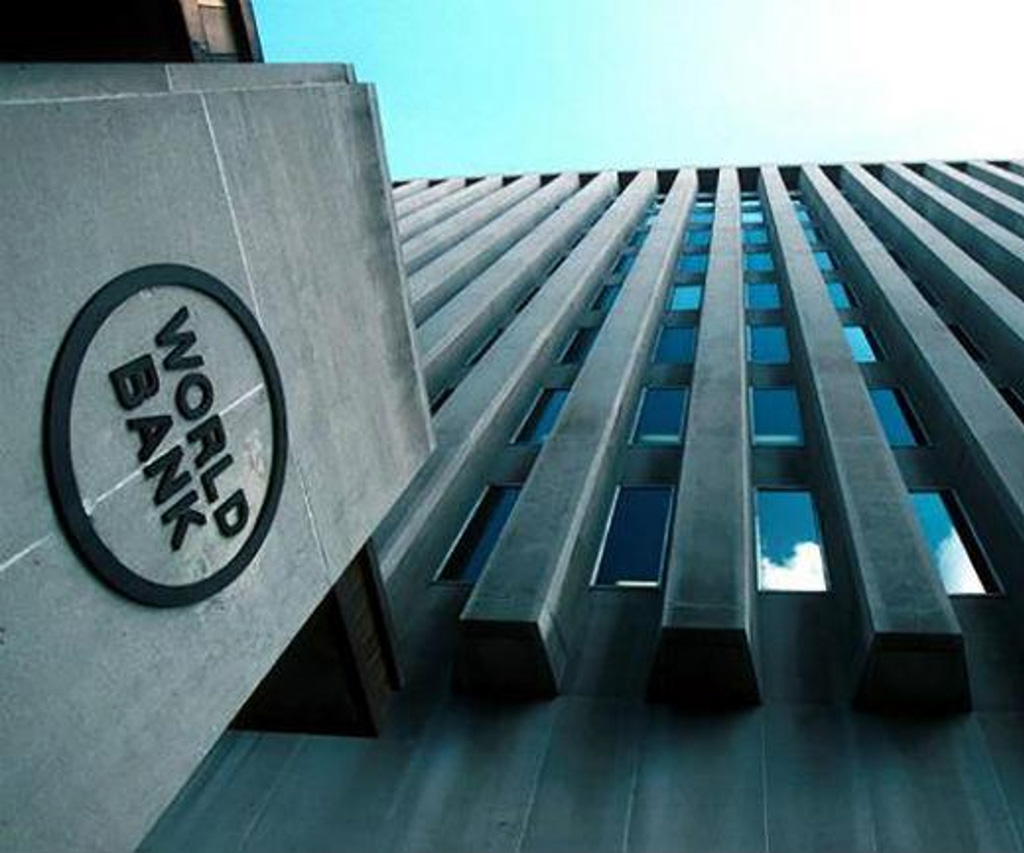World Bank urges focus on five key pillars to address challenges

KUALA LUMPUR: The promotion of economic competitiveness, building skills, fostering inclusion, strengthening state institutions and financing the transition to high-income status, are five key areas that policymakers in East Asia should focus on in the coming decade, says the World Bank.
The World Bank said the region’s remarkably successful development model, a combination of outward-oriented growth, human capital development and sound economic governance, needed to be adjusted to effectively address emerging external and internal challenges.
“In terms of promoting economic competitiveness, emerging priorities should include service sector reforms, deepening trade agreements, broadening innovation policies and improving access to finance, especially for small- and medium-sized enterprises,” it said in its regional report titled, “A Resurgent East Asia: Navigating A Changing World”, launched Monday.
On building skills, the report said beyond the East Asian countries' current focus on basic human capital, it would be increasingly important to support development of advanced skills, including socio-emotional skills and digital literacy.
"For fostering inclusion, the countries need to develop programmes to transition vulnerable workers to new job opportunities, and to ensure affordable access to digital technologies in addition to their traditional social protection programmes.
“As for strengthening state institutions, the nations need to increase state effectiveness through enhancing citizens’ voice and participation, as well as increasing transparency and greater government accountability," it said.
On the last key area -- financing the transition to high-income status, the report suggested that the governments needed to increase domestic revenue mobilization in order to achieve high-income status.
Citing the report, World Bank Chief Economist for East Asia and the Pacific, Sudhir Shetty, said since 2000, East Asia’s gross domestic product had grown over three-fold.
“Several out of ten countries in the region, including Malaysia, could realistically aspire to high-income status in the space of the next generation,” he said in his keynote address at the event today.
Meanwhile, asked if Malaysia could achieve its high-income nation aspiration in 2024 as targeted in the 11th Malaysia Plan (11MP) Mid Term Review, Lead Economist of World Bank Group Global Knowledge and Research Hub in Malaysia, Richard Record, said "it is definitely achievable, but it is going to be 'very tough'.
"The government should focus on economic policies, education quality, increase the standard of governance accountability, and strengthen the social protection system to ensure people from all walks of life can benefit in the future," he told reporters on the sidelines of the event.
In a recent report, the World Bank expected Malaysia to achieve high-income nation status between 2020 and 2024, in line with the target set by the government in the 11MP Mid term Review released in October.
The government has postponed the high-income nation aspiration to 2024 from 2020 targeted earlier due to a 21 per cent gap between the country's gross national income per capita (US$9,556 in 2017) and the minimum income threshold of a high-income nation (US$12,056 for 2017) set by the World Bank.






















Comments
Comments are closed.